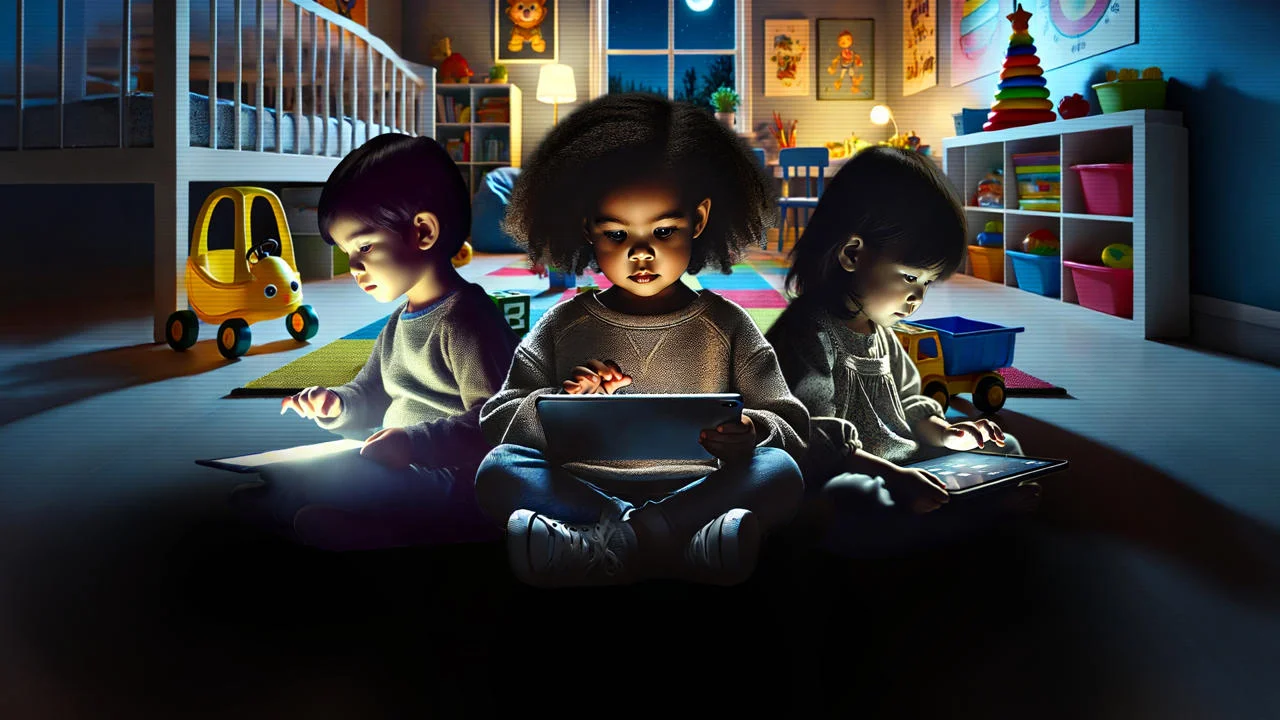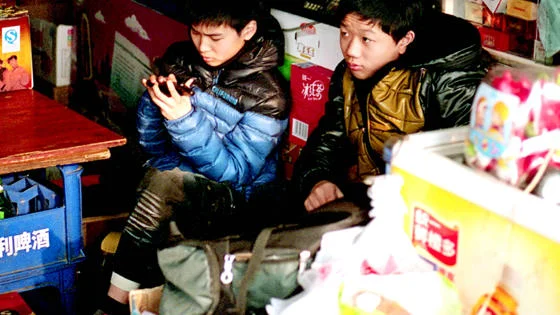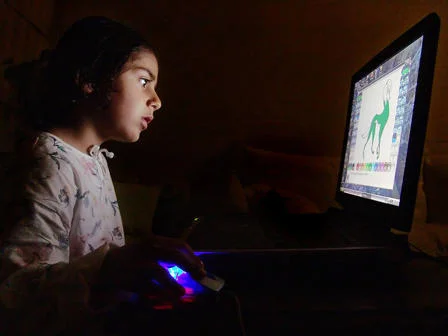Young children and technology: what does “good” look like for young children’s digital lives?

Contents
Digital media is a huge part of modern society, but with its fast-paced and evolving nature, it can be hard for even the most tech-savvy amongst us to keep up. As a result, many parents find themselves trying to strike a delicate balance between monitoring their child’s screen time and ensuring they are digitally equipped for the future.
A new book from Professor Sonia Livingstone, Department of Media and Communications at LSE, and colleagues draws on a three-year research project exploring digital media use in children from birth to age six, a significantly under-researched group.
Through observational work, play-based research and interviews with 22 families and 29 children in the UK and Australia, the authors investigate what "good" looks like for young children’s digital use.
"Parents are really having to make it up for the first time and are feeling very alone. They are living in a world where they can't even ask their own parents for advice because all these digital tools didn’t previously exist. Bringing up a generation of small children for the first time in the digital environment is a big challenge," explains Professor Livingstone.
There’s this perception that parents just give their kids a phone to shut them up and let them get on with it.
Resist, balance, embrace
During the interviews, the researchers found that parents tend to adopt one or more of three genres of parenting when overseeing their child’s technology use: resisting; balancing; and/or embracing.
The combination and dominant genre(s) change according to the child, context and family experience, with parents commonly practising different parenting types with children in the same family.
Many parents reported feeling guilty they didn’t have all the answers and voiced concerns about tech’s addictive nature, its displacement of physical and social activity, and the possibility of shortened attention spans. Some parents said they felt criticised by the media for using technology with their young children. It was strongly felt that current guidance doesn’t always consider the realities of being a parent today.
"There’s this perception that parents just give their kids a phone to shut them up and let them get on with it. In our research, we didn't really see that, we saw parents engaging and using technology with their children and it being something they talk about together," says Professor Livingstone.
There is interesting research that says for children [with very busy parents], interacting on the phone can compensate.
‘’Part of our life"
The parents in the study were particularly aware of old guidance from 2010 advising "No screens under two". One mother of a four-month-old daughter told the researchers she didn’t think this advice was realistic for most people. "She [her daughter] will be on the internet by the time she’s three because it’s just part of our life," she said.
The authors found the four- and five-year-olds in the study were increasingly using digital media to explore their identity, develop their social and emotional skills and ability to relate to others. This is reflected in their greater understanding and awareness and their capacity to contribute more reflexively and knowingly.
Kate, who is mother to three boys including Liam (nearly five) and Ben (eight), says her sons "get very upset if we’ve had a busy afternoon and they haven't had a chance to have their screen time!" This demonstrates children’s growing sense of their "rights" and how to negotiate these as they get older, thus highlighting they are learning more than just tech skills through digital media use.
The idea that children can develop social and emotional skills through digital media can seem at odds with fears that it can make children less sociable. However, Professor Livingstone believes what children are engaging with online and whether they are using digital media to connect with others can make a big difference.
"Some children have lots of social interaction and don't need digital connections, whereas others have very busy parents. There is interesting research that says for those children, interacting on the phone can compensate – not all the way – but it can help quite a lot," she says.
Early years support
One finding that emerges clearly from the research is how nuanced digital media can be for parents and children – creating opportunities and risks simultaneously. As Professor Livingstone puts it: "the phone can be both the problem and the solution."
So, what can policymakers do to help parents in this area? Although both the UK and Australia, where the study was carried out, are leaders in public service content provision for children and regulation of online harms, Professor Livingstone believes there is still more that can be done.
"Early years support is not really on the policy agenda," she says. "I think the tech industry, government and civil society could be working much harder to support parents and help signpost the great digital resources that are available for young children. It’s important also to consider their different needs – even preschool children are as diverse as adults, so there's a huge range of experiences that need to be catered for."
Although generally optimistic about the benefits digital media can bring, when looking to the future Professor Livingstone expresses concern about the development of AI and its impact on young children.
"Teaching children about AI is going to be a real challenge – it’s such a big learning task explaining to a five-year-old what's real and not in the virtual reality space.
"It's so complicated and opaque that most people don't understand how it works and it’s really, profoundly, commercially motivated. None of this is being done with or for children and their needs. And yet it's being sold in their name somehow – that they are going to be the AI generation."
She hopes regulators worldwide have enough power to curtail the excesses of tech companies but that, she says, remains to be seen.
"We've asked these unaccountable and commercially driven organisations to host our information, our play environment and our shared culture, and I think we all want to say there should be limits. We want to protect our children from it. We need the regulators to hold it back and give children spaces."
Professor Sonia Livingstone was speaking to Charlotte Kelloway, Media Relations Manager at LSE.
Download this article as a print-optimised PDF [222KB].




